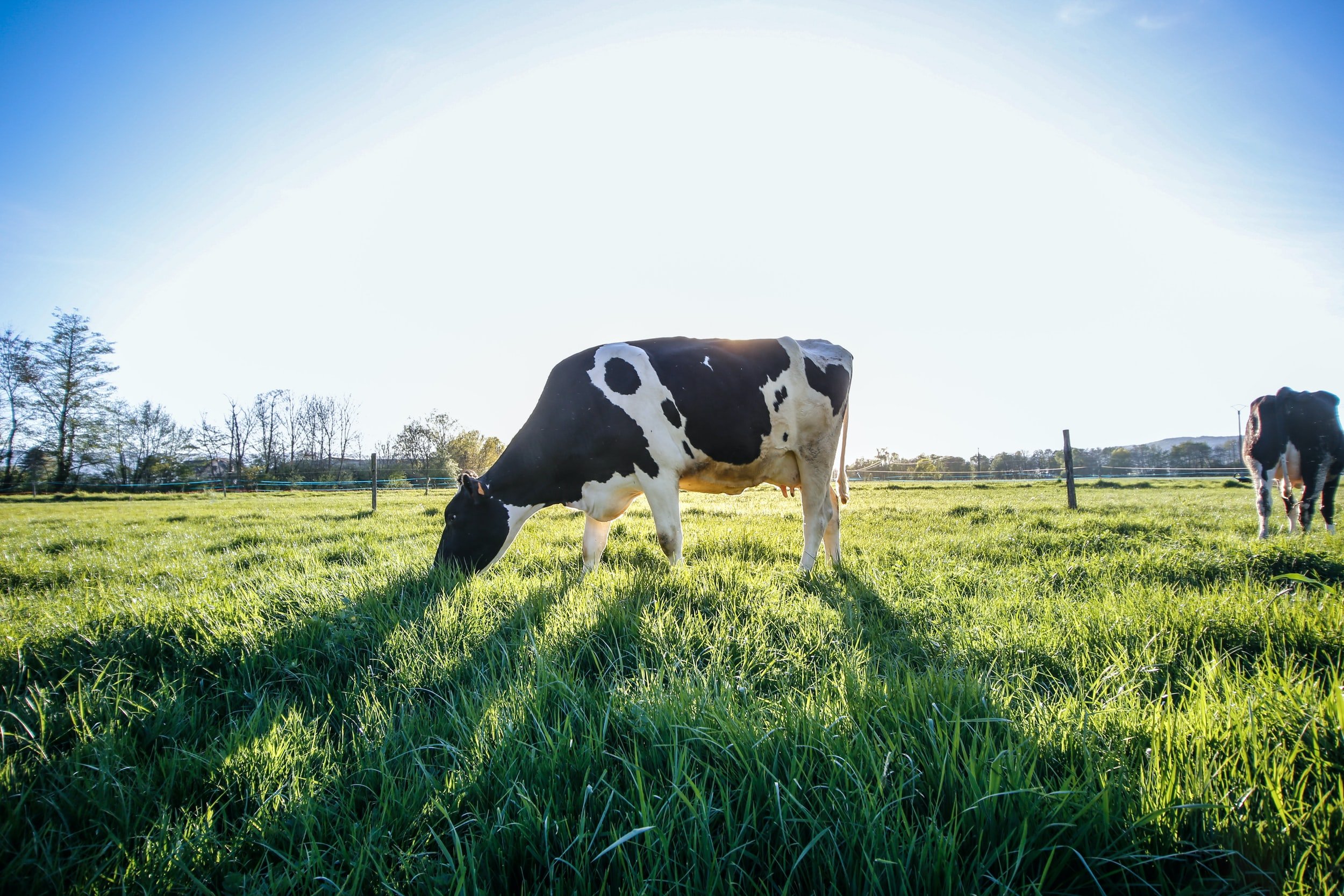
Resources
Why Grass Fed Beef Costs More
You’ll pay a little extra, but Customer Reports’ tests of ground beef show grass fed is less likely to harbor dangerous bacteria. You're likely seeing more packages of grass fed beef in grocery stores, and you may have noticed that it's more expensive than standard supermarket beef. But, recent results from Consumer Reports' tests on the prevalence and types of bacteria in ground beef suggest that beef from cattle that are raised sustainably—that is, beef labeled without antibiotics, organic, or grass fed—is worth the extra money.
CustomerReports.com
Could Cows Help Reverse the Effects of Climate Change?
For most people, a beef-eating environmentalist is a contradiction. Ask climate experts what they think about meat and they will tell you that we should be eating a lot less of it. The United Nations has calculated that animal farming is responsible for 14.5 percent of all greenhouse gas emissions and red meat and dairy production accounts for well over half of that (65 per cent).
The Independent
Red Meat: It Does a Body Good!
Over the past two decades, red meat has been increasingly blamed for everything from heart disease to cancer. Newspapers and magazines love to plaster alarmist headlines about red meat across their front pages, but as you might suspect if you’ve been reading this blog for any length of time, these claims are ill founded and misleading. In fact, an impartial review of the evidence indicates that red meat is one of the healthiest foods you can eat.
Chris Kresser
Marbling in Grass Fed Beef
It is true that fat gives meat its tenderness and flavor. Without fat, beef becomes dry, tough, and flavorless. But it is not the visible fat layers that are responsible for beef tenderness. Tenderness and flavor are created by the microscopic fat cells deep within the meat fibers, which are invisible to the naked eye.
Grass Fed Solutions
